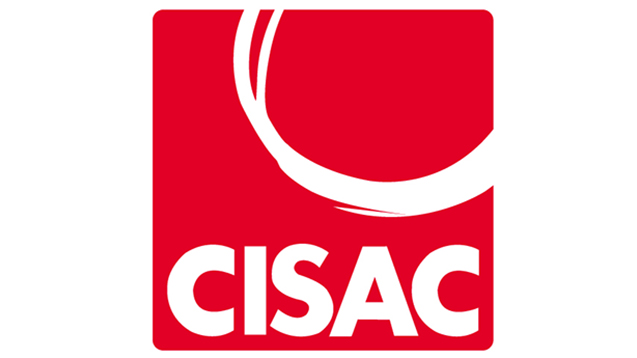The International Confederation of Societies of Authors and Composers (CISAC) has enlisted Dublin-based Spanish Point Technologies to overhaul the global information system of the International Standard Musical Codes (ISWC) to better serve societies and rightsholders.
The ISWC is the unique code that identifies musical works and links them to their creators, and the system plays a key role in getting creators fairly and efficiently paid for their works.
Digital platforms like Apple Music and Spotify now offer more than 40 million tracks, and subsequently, royalty collections from these digital services have grown by 164 percent over the last five years.
ISWC code are used by collective management organisations (CMOs) to collect and distribute author’s royalties, which collectively topped €1 billion in 2017.
CISAC developed the identifier in the late nineties, but the growth in streaming services now demands improved accuracy and efficiency.
Their collaboration with Spanish Point Technology is expected to speed up the process of author’s societies assigning ISWC codes for digital service providers and publishers.
Gadi Oron, director general, CISAC says: ‘The ISWC is the leading music industry identifier and it plays an important role in facilitating the identification of musical works. Our project with Spanish Point aims to increase the speed, accuracy and efficiency of the system in a way that is complimentary with our members’ systems, and which keeps pace with the explosive growth of music streaming.’
Donal Cullen, chief executive officer, Spanish Point Technologies added: ‘Using modern cloud technologies and our innovative matching engine, the improved ISWC systems will assist societies in exchanging information with each other and music users, such as digital service providers and publishers. This will encourage greater use of the ISWC and should lead to more creators’ works being accurately identified and paid for.’
The ISWC is the unique code that identifies musical works and links them to their creators, and the system plays a key role in getting creators fairly and efficiently paid for their works.
Digital platforms like Apple Music and Spotify now offer more than 40 million tracks, and subsequently, royalty collections from these digital services have grown by 164 percent over the last five years.
ISWC code are used by collective management organisations (CMOs) to collect and distribute author’s royalties, which collectively topped €1 billion in 2017.
CISAC developed the identifier in the late nineties, but the growth in streaming services now demands improved accuracy and efficiency.
Their collaboration with Spanish Point Technology is expected to speed up the process of author’s societies assigning ISWC codes for digital service providers and publishers.
Gadi Oron, director general, CISAC says: ‘The ISWC is the leading music industry identifier and it plays an important role in facilitating the identification of musical works. Our project with Spanish Point aims to increase the speed, accuracy and efficiency of the system in a way that is complimentary with our members’ systems, and which keeps pace with the explosive growth of music streaming.’
Donal Cullen, chief executive officer, Spanish Point Technologies added: ‘Using modern cloud technologies and our innovative matching engine, the improved ISWC systems will assist societies in exchanging information with each other and music users, such as digital service providers and publishers. This will encourage greater use of the ISWC and should lead to more creators’ works being accurately identified and paid for.’


